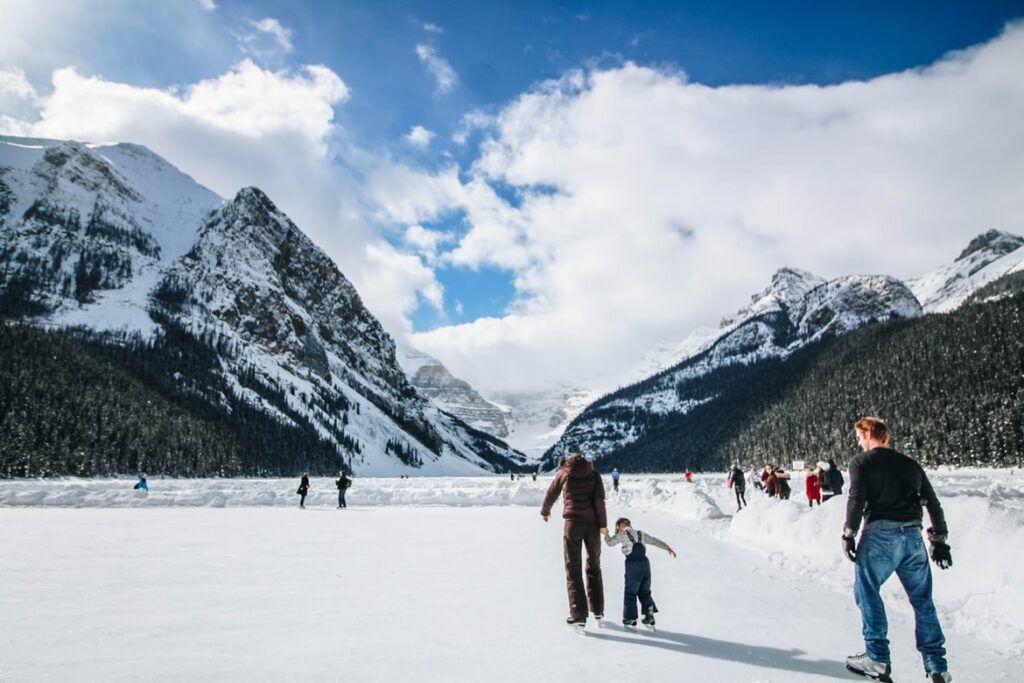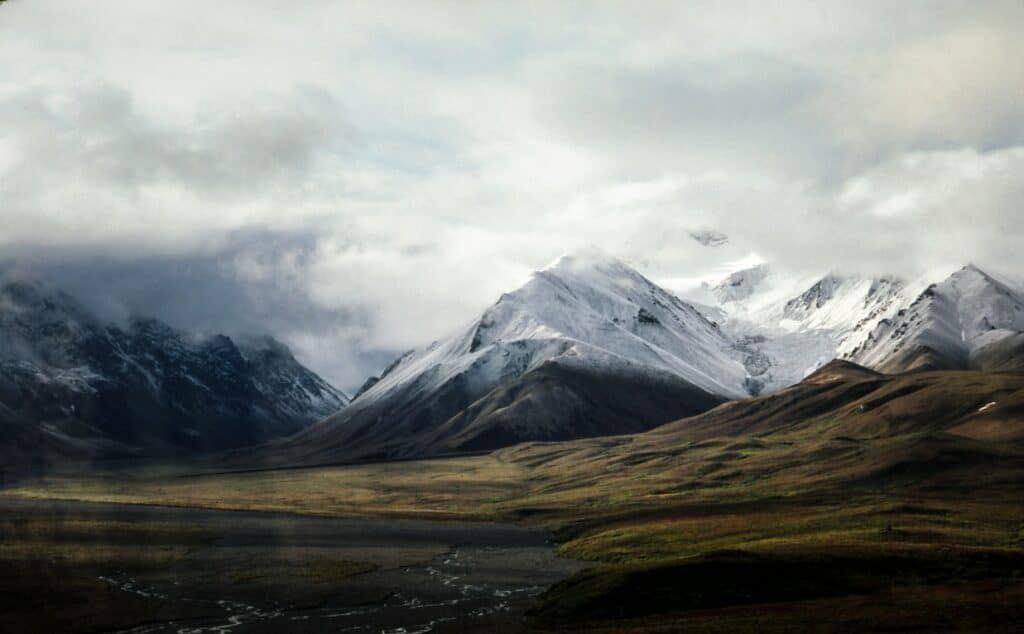The chalet for an eco-responsible stay in the mountains
Mountains are home to 13% of the world’s population and 25% of the earth’s biodiversity. These figures may not mean much to you, but they do illustrate the richness and complexity of the mountain environment. Most importantly, more than half of the world’s population benefits in some way from the natural resources provided by the mountains, such as clean air, water, food and energy. And yet, mountain environments are badly treated in most countries of the world, and local populations, including in the West, are finally not very sensitive to the peril that awaits us in the coming years. The climate crisis is leading to the decrease of glaciers and snowfalls, while the disappearance of fauna and flora, erosion and pollution are affecting entire ecosystems.
And yet, today, it is possible to take your ecological convictions with you for a vacation in the mountains, even if you are a ski fanatic or a hiking aficionado.
Staying in an ecological establishment
Ski vacations don’t have a good press from an ecological point of view, but many resorts are very sensitive to this issue and develop policies that respect the environment, especially in France. The two major axes are the management of transportation and the choice of housing.
When you book your vacations, make sure you choose an accommodation that is known for its respect of the environment, on Maisonnature.fr for example. Some hotels may have an environmental policy or offer specific ecological advantages, such as the use of renewable energy. It’s up to you to decide if you want to make your stay in the mountains sustainable or not ! We are entering a new era, which offers many opportunities for sustainable accommodation.
The mass tourism accommodations are still there and may stay for a long time, but the alternatives are real and accessible.

How to enjoy the mountains in an environmentally friendly way
If you like skiing or snowboarding, you must take the climate crisis seriously. Take these tips for a more sustainable coexistence in the mountains to heart and try to integrate them gradually into your lifestyle.
The first and most important point : Always leave the mountain cleaner than you found it: Don’t throw away any garbage and pick up the ones you find along the way ! Not everyone has acquired the ecological sensitivity necessary for the well-being of the environment, and today, some must compensate for the mistakes of others. Let’s hope it doesn’t last;
Here is a brief overview of the time it takes to decompose waste in the mountains:
Banana and orange peels: 1-3 years
– Paper tissues: 1 to 5 years
Chewing gum: 3 to 5 years
– Cigarette butts: 10-15 years
– Plastic bags: 100-200 years
Aluminum cans: 50-500 years
– Aluminium foil: 200-400 years
– Plastic bottles: 500-1000 years
It makes you think, no ?

Choose the right mode of transportation
The exhaust of our cars is a real problem, especially with the miles of traffic jams that we sometimes see when approaching the resorts in the heart of the season. You should therefore try to use public transport as much as possible. The possibilities of transport by train and bus, without being perfect, are more and more developed in the Alps and leaving the valley by bus is not improbable with a little organization. In addition to choosing your accommodation carefully so that your rooms reduce your carbon footprint, the use of public transport and the choice of walking will be essential in your approach.
Do some research before you leave, and this can become a strong argument if a certain destination does not offer ecological vehicles.
If you are a hiker and are looking for a chalet experience during the summer, you can also choose to travel by bike. Jean-Jacques Rousseau once wrote: I have to have streams, rocks, fir trees, dark forests, mountains, steep paths to climb or descend, precipices at my side to scare me.” Who wouldn’t agree with that ? Personally, I can’t spend a year without going to the mountains, and I am realistic, coming from Nantes, my ecological footprint is not insignificant. I try to limit the damage as much as possible, and there are many ways to work on this subject. And you, what do you do to limit your energy consumption in the mountains ?